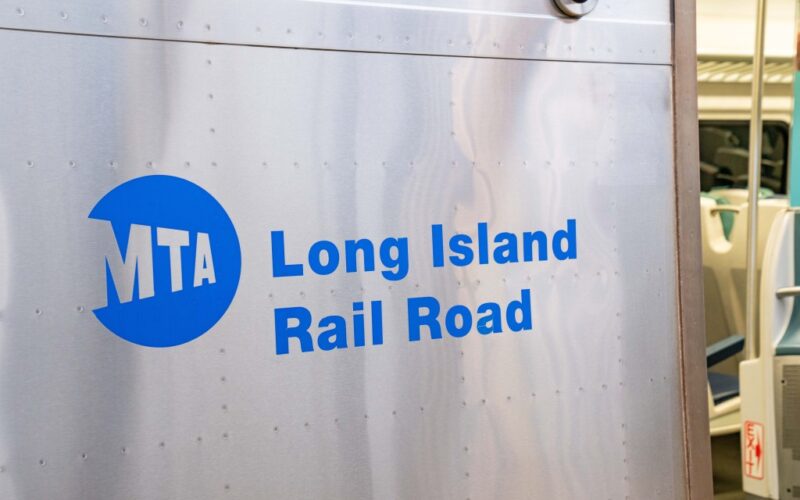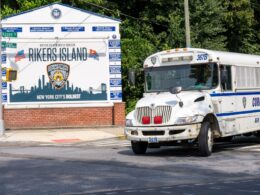LIRR riders can rest easy — for now — as the threat of a late-week strike by five unions representing half the railroad’s workers has been averted.
Fears of a strike on the nation’s busiest commuter railroad have grown as a federally mandated “cooling off period” was set to expire Thursday.
But leadership of the Brotherhood of Locomotive Engineers, the Brotherhood of Railway Signalmen, the International Association of Machinists, the International Brotherhood of Electrical Workers, and the Transportation Communications Union announced Monday that they have asked President Trump to put together a Presidential Emergency Board to continue negotiations through January.
Should those negotiations fail, leadership said, the five unions have voted overwhelmingly to approve a strike for next year.
“Today’s vote reflects the frustration of our members — but also reflects their unity, their determination, and their belief in fairness,” Gilman Lang, General Chairman with the BLET, told reporters.
Two years of negotiations between the five unions and the MTA have focused largely on wages, with the transit agency proposing a 9.5% raise over a three year contract, and the labor coalition calling for a 16% raise over four years.
Any of the parties to the negotiation were entitled to call on the White House to form a so-called “Presidential Emergency Board” of three mediators — a step which would extend negotiations and legally forbid any strike or lockout into January.
Labor Law also allows for commuter railroads to call for a second such board should the first one fail to broker an agreement, an arrangement which would push the threat of a strike back into May.
“The five unions decided to be the grownup in the room,” Jim Louis, a national VP for the BLET, said Monday of the decision to appeal to Trump.
In a statement, MTA’s chief of policy and external relations, John McCarthy, questioned whether the unions had been negotiating in good faith.
“After months of radio silence, these outlier unions have finally admitted that they weren’t serious about negotiating. They never had a plan to resolve this at the bargaining table,” he said.
“If these unions wanted to put riders first, they would either settle or agree to binding arbitration. And if they don’t want to strike, they should say so – and finally show up to the negotiating table. This cynical delay serves no one.”
Originally Published:








